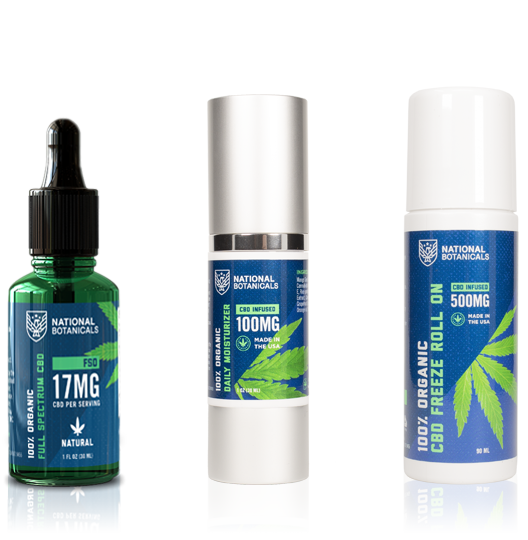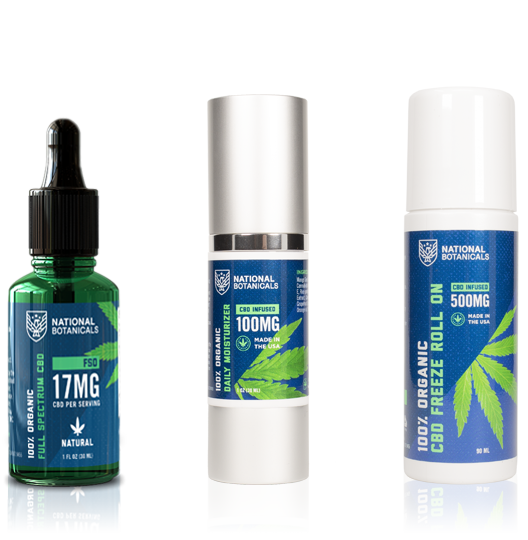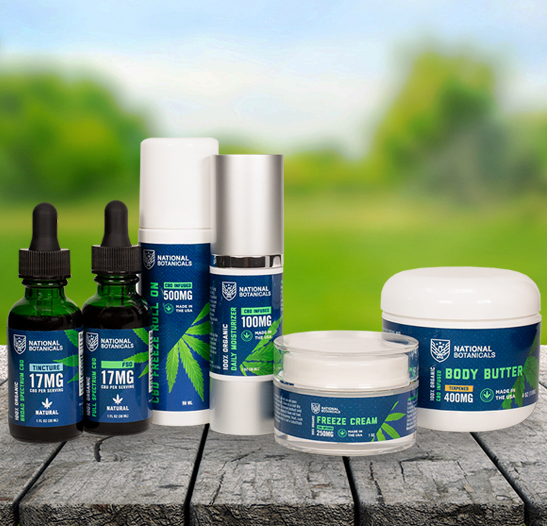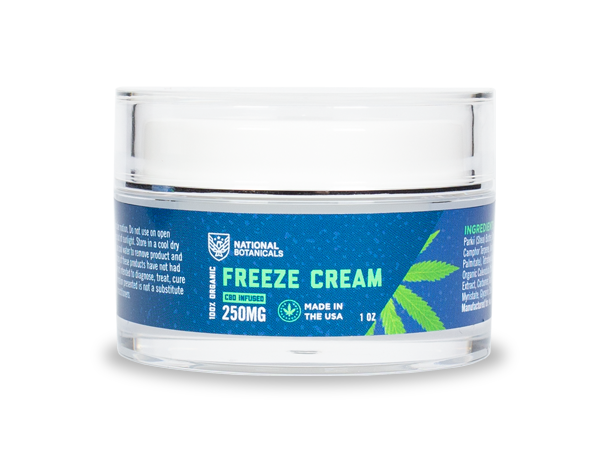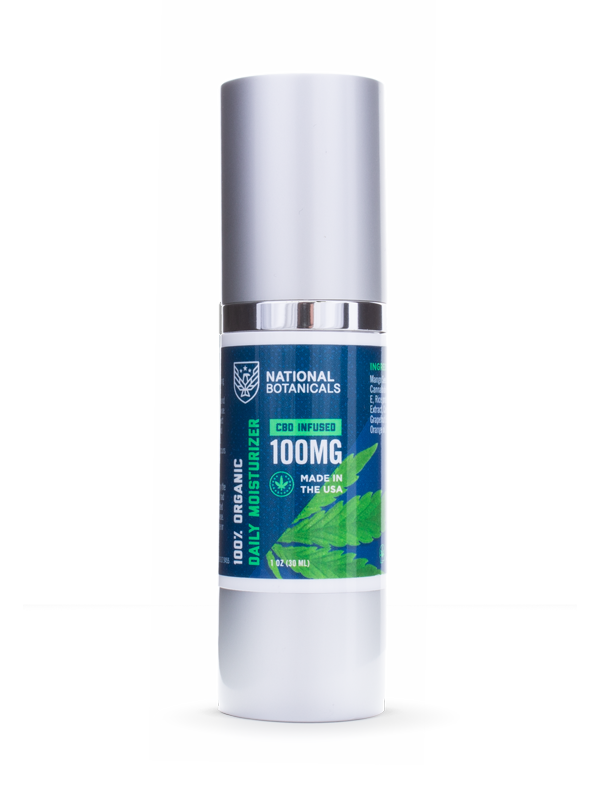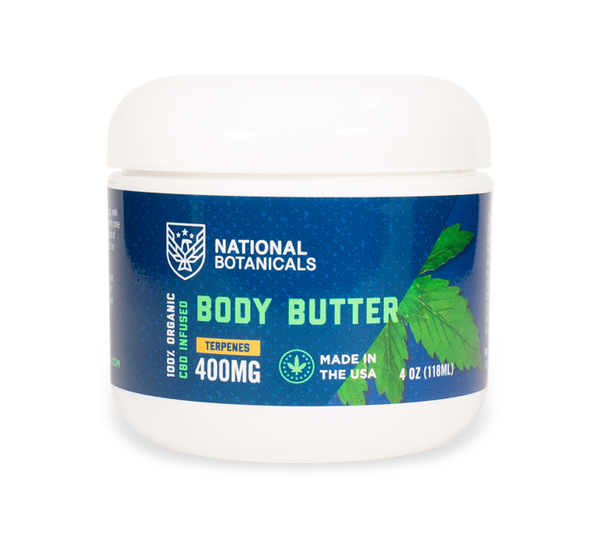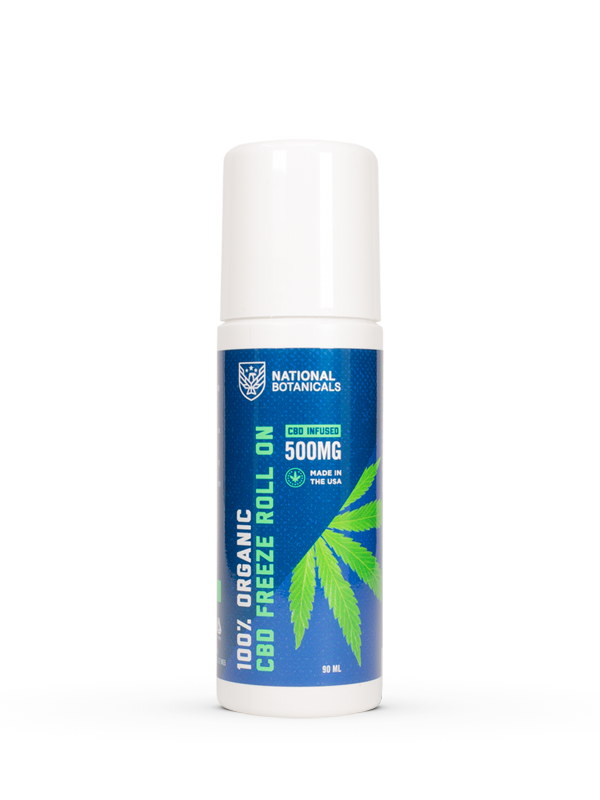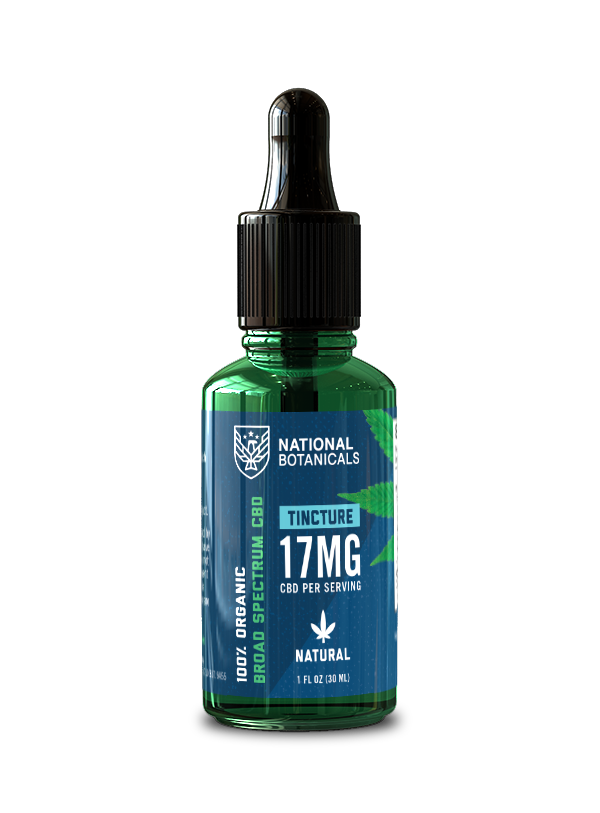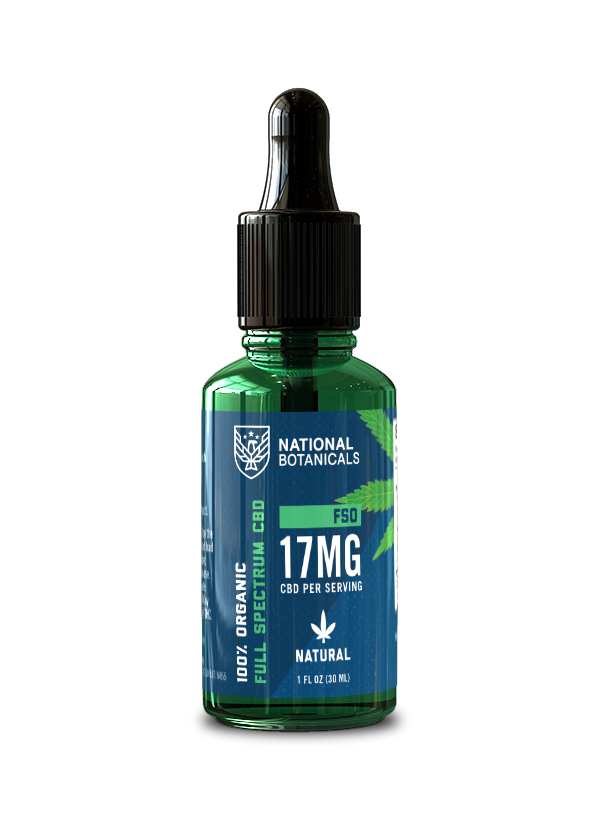CBD Topicals

Recently, with the legalization of hemp-derived CBD, there’s been much more interest in it and many more CBD-related products have appeared on the market. CBD is especially appealing to the veteran community for its potential to ease chronic pain, manage inflammation, and help with sleep.
Scientists have discovered that CBD is similar to the human body’s endocannabinoids, which are part of the endocannabinoid system. The ECS is responsible for maintaining the body’s homeostasis while it faces interferences from the outside world. The immune system, nervous system, and mental health are just a few aspects of the human body which the ECS strives to keep in balance.
ECS has many receptors located throughout the body. Two major ones, CB1 and CB2, are the receptors CBD can bind with, thus providing support to the ECS and increasing its functionality.
CBD Topicals
CBD Topicals like lotions, balms, and salves are different from other CBD products because they are applied directly to the skin. Because of their application to the skin, CBD never reaches the bloodstream. Instead, CBD is absorbed by the skin and immediately starts interacting with the ECS’s CB1 and CB2 receptors. These receptors send messages to the brain, providing immediate relief.
Many consider CBD topicals a valuable option for those who seek help with specific and targeted areas. Because many veterans experience chronic pain or inflammation following injuries, CBD topicals can be useful products for them.
Chiropractors and massage therapists throughout the US have also started incorporating CBD topicals into their practices. In fact, many practitioners believe it’s providing increased relief to their patients. The thinking is that immediate relief starts at the time of application and continues throughout the day lowering pain and inflammation.
CBD Topicals for Inflammation
Inflammation is the body’s natural response to tissue injury or infection with the purpose of helping the body heal. When acute inflammation is present in the body it is likely working to speed up healing in the affected area. However, the presence of continuous low-grade inflammation has links to diseases. Stress, injury, and arthritis can all lead to chronic inflammation.
CBD topicals applied to the skin travel directly to CB1 receptors located in the area. By binding with CB1 receptors, the belief is that CBD can lower inflammation almost instantaneously. Manufacturers also combine CBD topicals with other minerals like arnica or mint to provide even further relief.
A study focusing on rats with osteoporosis joints showed that rats injected with CBD exhibited less pain-related behaviors and showed lowered inflammation markers, compared to the placebo group.2
CBD Topicals for Chronic Pain
Many veterans experience chronic pain following injuries during combat or training. Chronic pain can range from annoying to downright debilitating and can affect the quality of life. Presently, veterans may have an alternative to opioid medications, which are usually prescribed for chronic pain. CBD is believed to help reduce pain and is considered a non-habit forming substance, thus presenting itself as a natural and more sustainable pain management option.
A study by The Journal of Experimental Medicine found that CBD administration may be able to provide an analgesic effect, thus reducing pain sensations.3 Another finding is that subjects tend to not develop a tolerance to CBD, another great plus in comparison to opioids.
Take Away
CBD topicals are a specific type of product users can apply directly to the skin to provide almost instantaneous results. While CBD research is ongoing, so far studies show promising results with CBD providing natural relief for pain and inflammation. This is exciting news for the veteran community in particular, as so many experience pain and inflammation following active duty.
To learn more about CBD, visit our FAQ page.
References
1 NPR – Is Inflammation Bad For You Or Good For You?
2 NCBI – Transdermal cannabidiol reduces inflammation and pain-related behaviours in a rat model of arthritis
3 NCBI – Cannabinoids suppress inflammatory and neuropathic pain by targeting α3 glycine receptors
